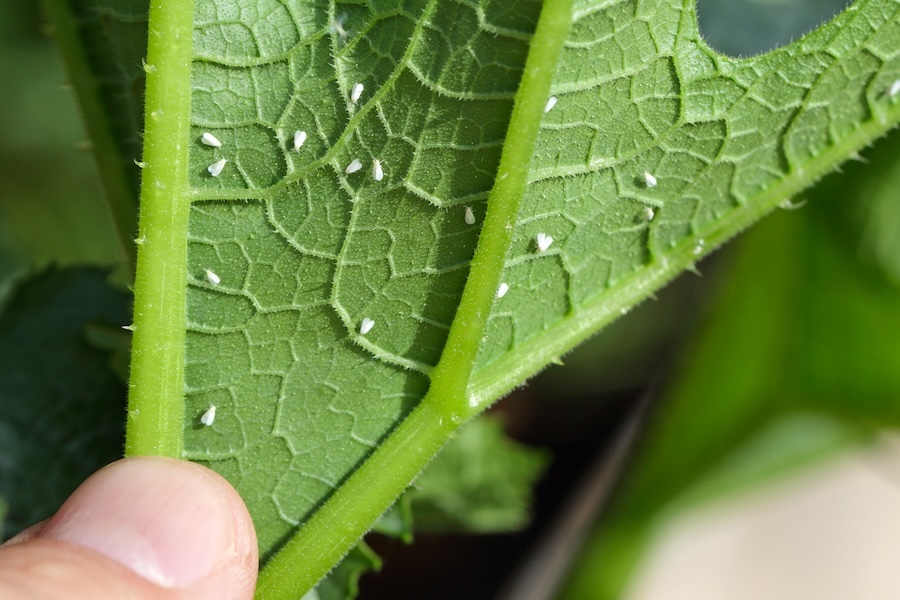 CAES News
CAES News
Whitefly Research
A multidisciplinary team of researchers at the University of Georgia College of Agricultural and Environmental Sciences recently renewed a $4 million contract with the U.S. Department of Agriculture Agricultural Research Service to build upon their previous work to develop targeted interventions to mitigate the impact of silverleaf whiteflies on vegetable production in the Southeast. UGA entomologist Allen Moore leads the research team in collaboration with USDA ARS in Charleston, South Carolina.

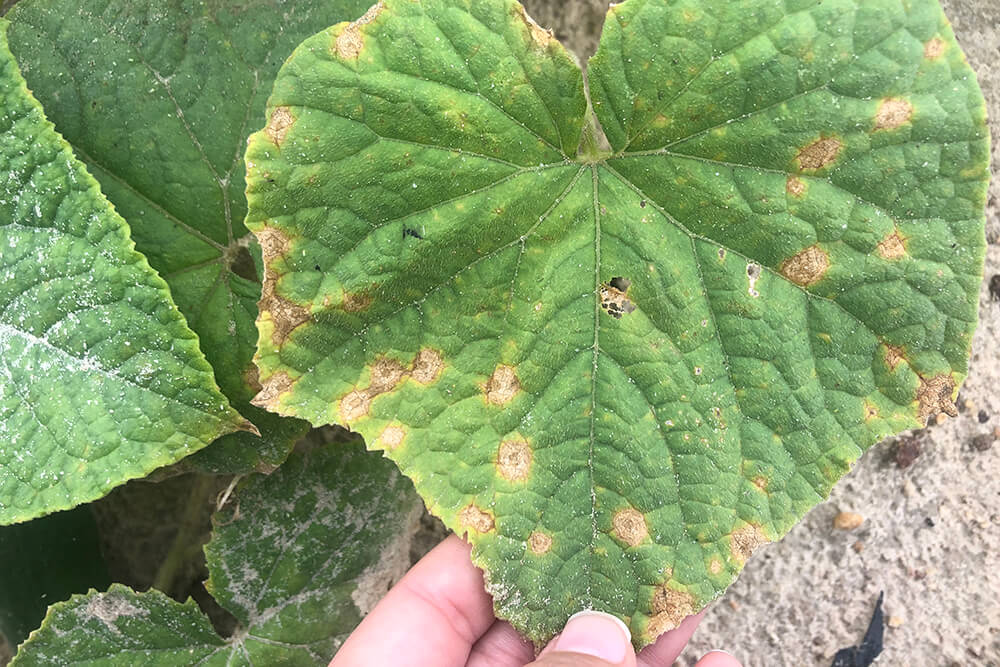
.png)
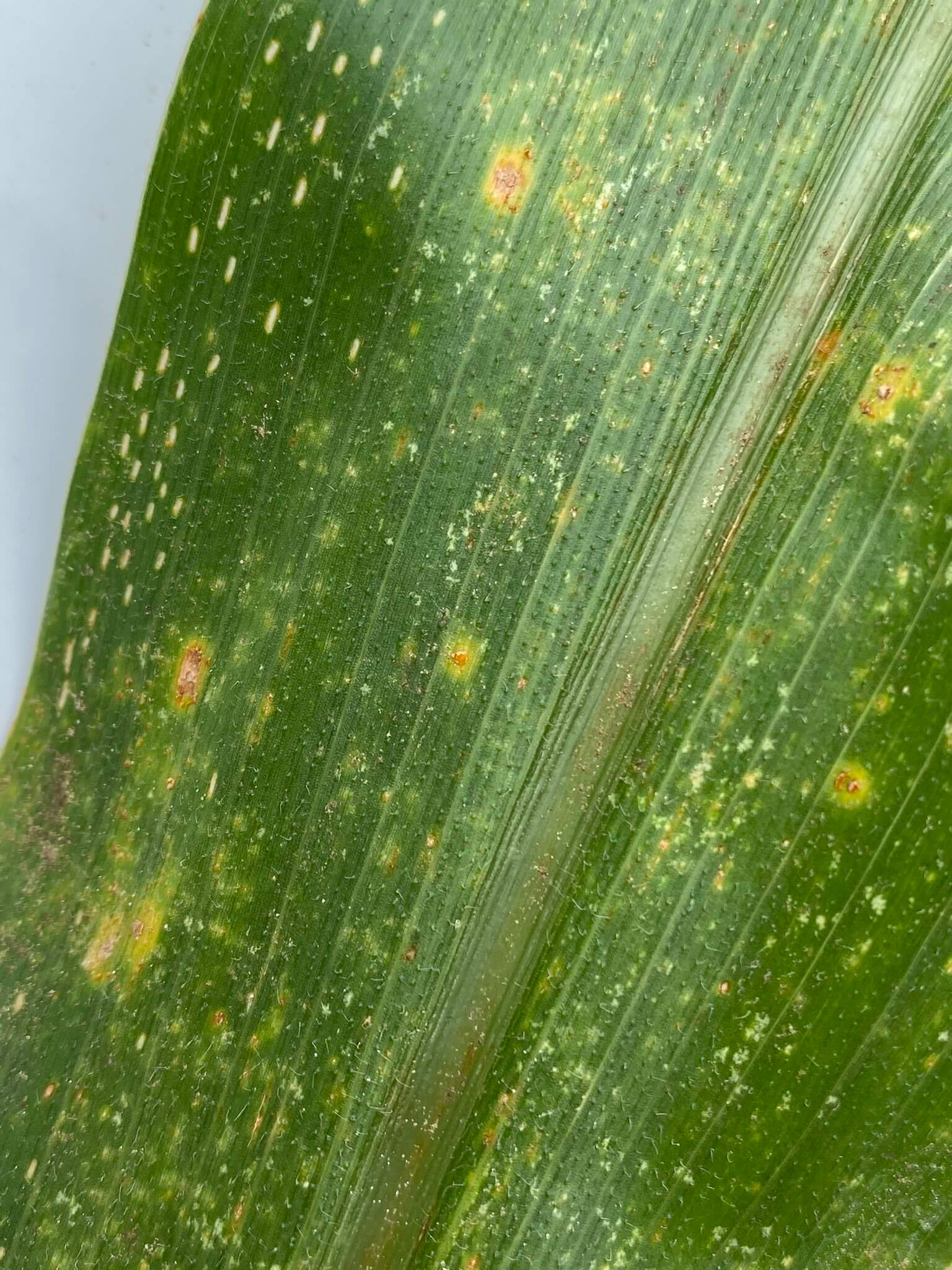
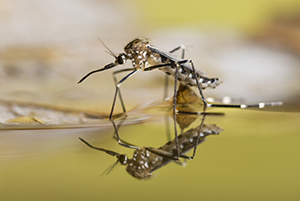
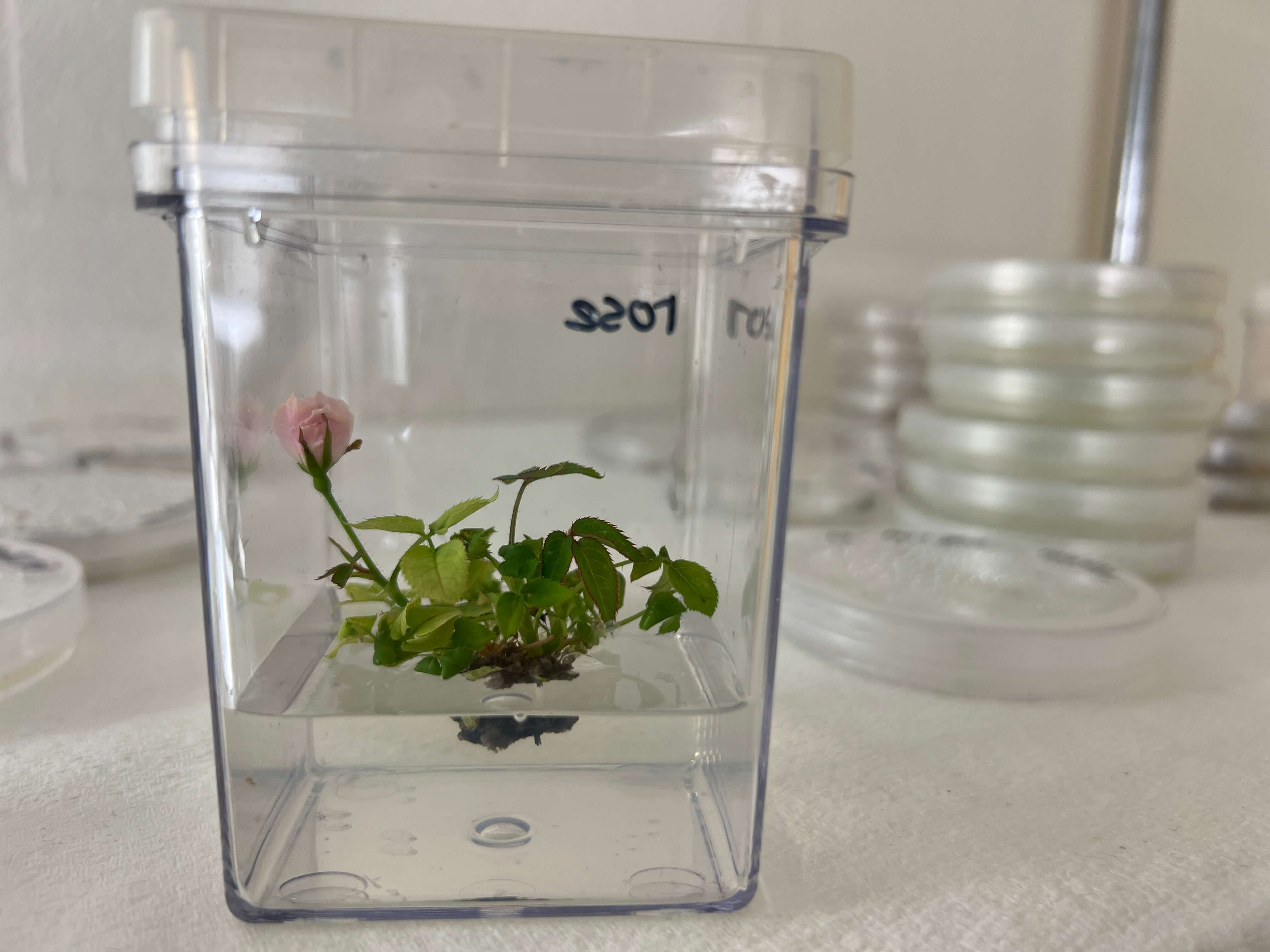
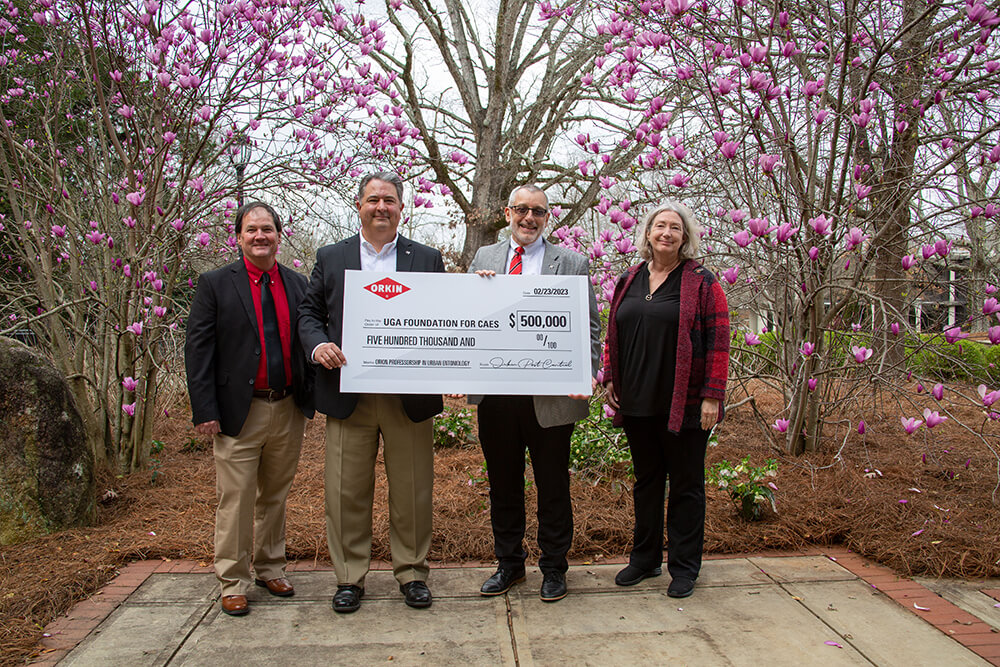
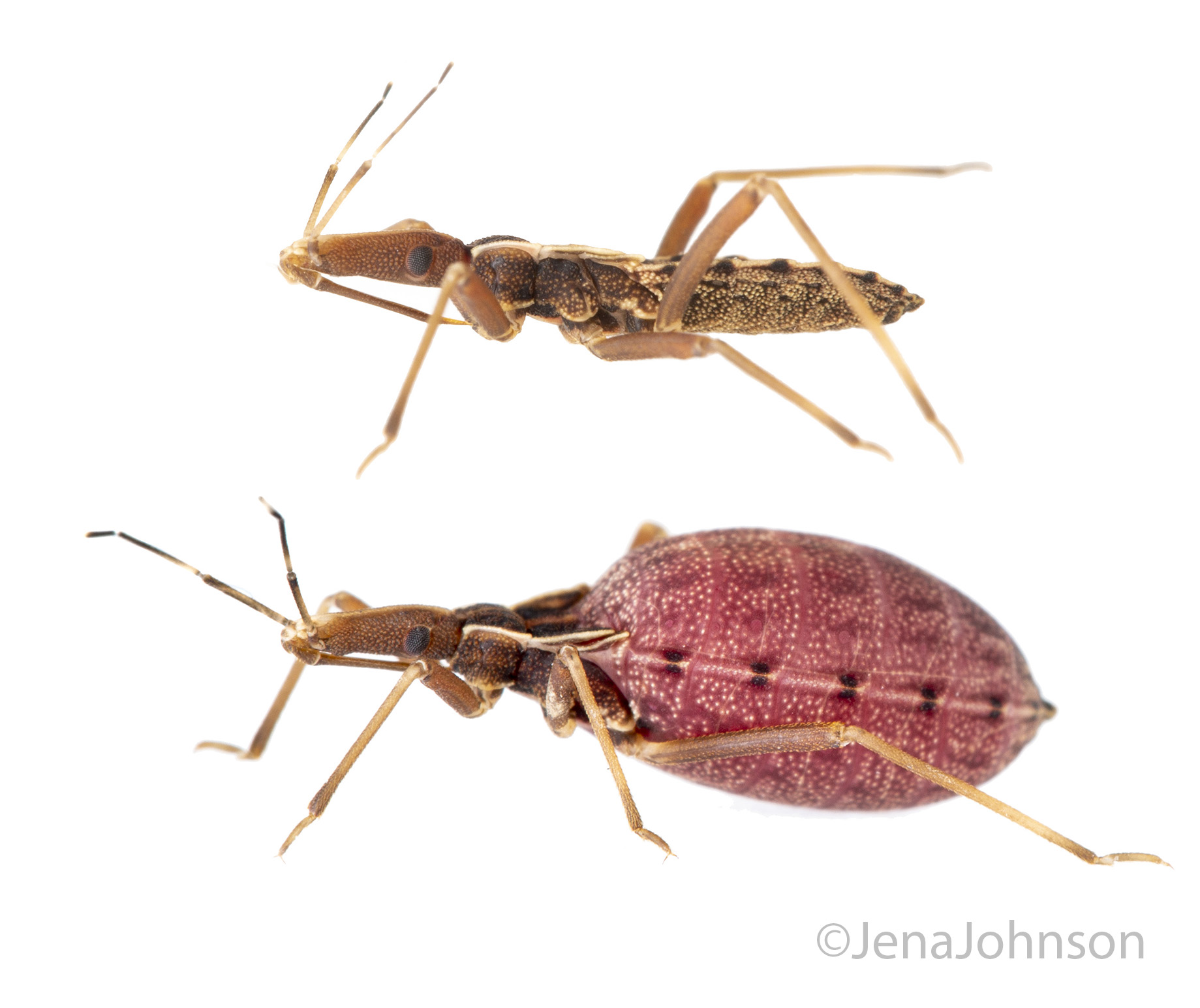
.jpg)